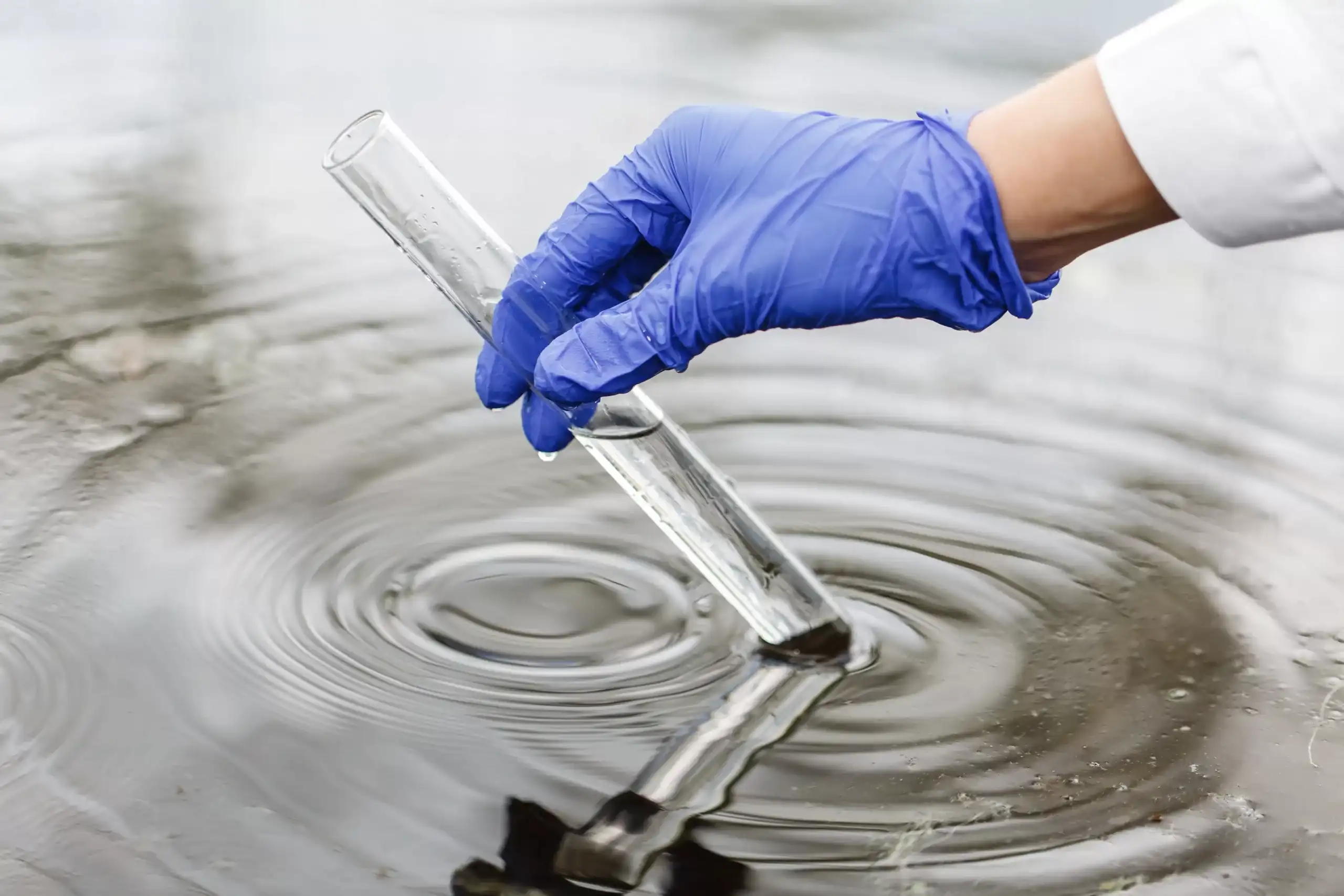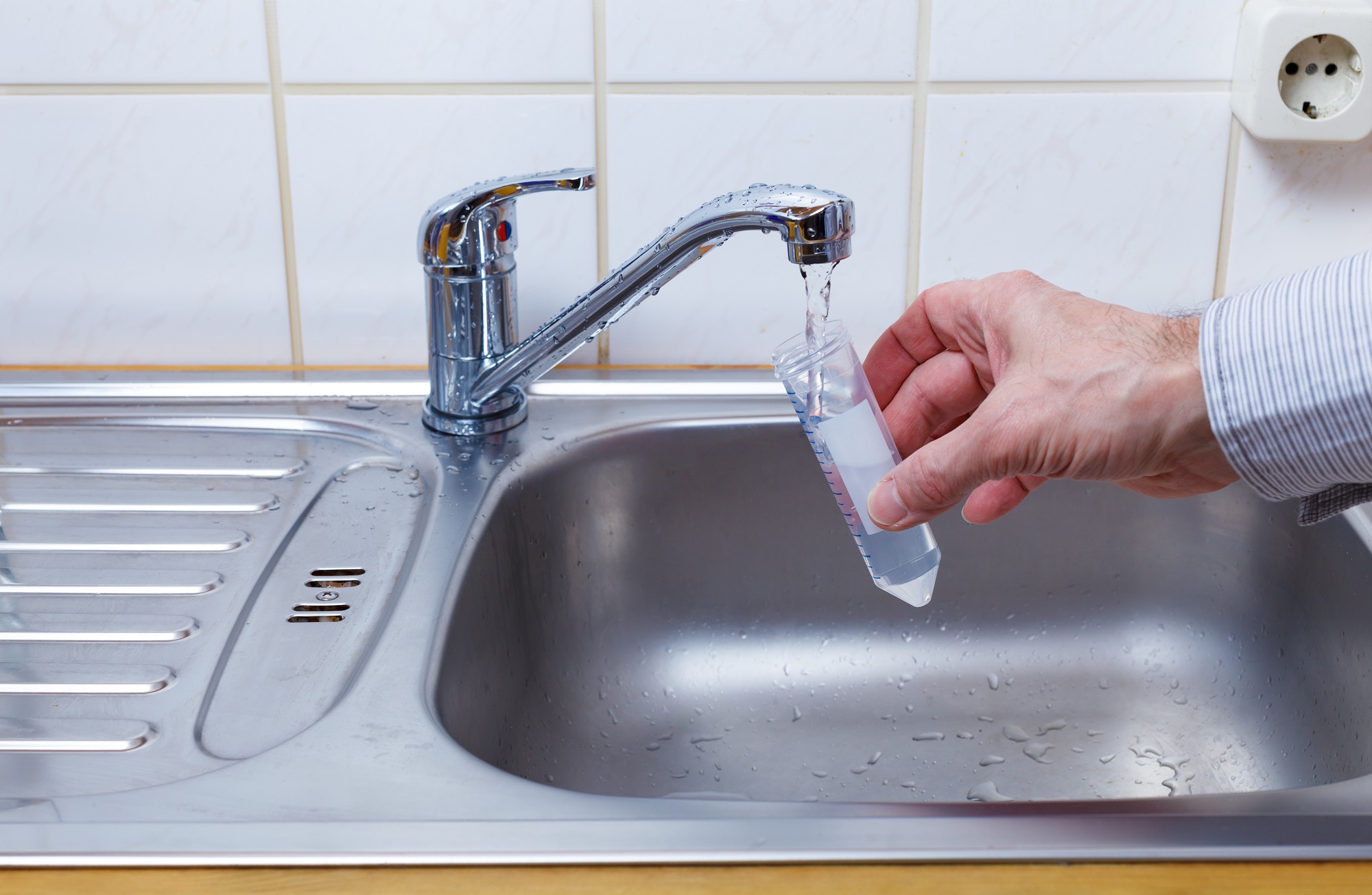Specialist Well Water Testing Services: Obtain Accurate Results Rapid
Specialist Well Water Testing Services: Obtain Accurate Results Rapid
Blog Article
Learn How Water Screening Can Identify Contaminants and Secure Your Family members's Well-being
Comprehending the significance of water testing is vital for safeguarding your family's health and wellness, as our water supply can nurture unseen risks. By exploring the auto mechanics of water testing, one can uncover the unseen dangers hiding in apparently beautiful water resources.
Importance of Water Examining
Identifying the important role water plays in maintaining life, the relevance of water testing can not be overemphasized. Ensuring that water is complimentary from unsafe substances is vital for preserving healthy and balanced areas and communities. Well water testing services.
Water screening acts as an aggressive procedure to identify prospective threats that may jeopardize water high quality. Through methodical evaluation, it assists identify physical, chemical, and biological specifications that might present risks to human wellness. Normal screening permits the early discovery of issues, assisting in prompt interventions to avoid extensive contamination and associated health problems.
Furthermore, water testing sustains regulative conformity, making certain that water providers fulfill established security criteria and guidelines set by governmental authorities. It promotes openness and responsibility, developing public trust fund in the supply of water system. In addition, testing offers valuable information that educates water monitoring methods, enabling lasting use and preservation of this priceless source.
Essentially, water screening is an essential tool that safeguards public health and wellness, makes certain governing adherence, and promotes the lasting management of water sources. Its value in protecting both neighborhoods and individuals can not be underestimated.
Common Water Contaminants
Amongst the different components that can jeopardize water quality, usual water contaminants consist of a range of physical, chemical, and biological substances that position considerable risks to human health and wellness and the environment. Physical pollutants often entail sediments or organic products put on hold in water, which can affect clearness and preference. Chemical contaminants include a vast range of materials, including chemicals, herbicides, metals like lead and mercury, and commercial chemicals. These chemicals can penetrate water supplies with farming drainage, industrial discharges, or seeping from pipelines and tank.
Organic pollutants, primarily bacteria, viruses, and protozoa, occur from animal and human waste going into water supply. Virus such as E. coli, Giardia, and Cryptosporidium are infamous for triggering gastrointestinal illnesses and can be particularly hazardous to children, the elderly, and those with jeopardized immune systems. Nitrites and nitrates, frequently coming from fertilizers, pose another health and wellness danger, especially to infants, potentially resulting in conditions like methemoglobinemia or "blue baby disorder."
Additionally, arising pollutants, including pharmaceuticals and individual treatment products, have actually raised concerns as a result of their perseverance and unknown long-lasting effects. Comprehending these contaminants is critical for carrying out efficient water treatment methods and making certain secure drinking water.
Exactly How Water Testing Works
Understanding the range of impurities in water highlights the relevance of reliable testing approaches to safeguard public health and wellness. Water screening is a systematic process created to recognize and evaluate different impurities that might present dangers to human wellness.
Chemical testing often includes spectrometry or chromatography, both of which can recognize and gauge details chemical substances. In addition, physical features like color, turbidity, and ph are analyzed to give understanding right into the overall high quality of the water.
The exact methodologies used in water testing depend upon the specific impurities of problem and the water's meant usage. By constantly using these strenuous screening methods, researchers and public health and wellness authorities can make certain the safety and top quality of water, thereby shielding areas from potential health risks.
Selecting the Right Examination
How does one identify the most ideal water test for their demands? Picking the appropriate test involves recognizing both the certain attributes of the water resource and the potential impurities that might be existing. The dig this primary step is assessing the water resource-- be it metropolitan, well, or surface water-- as each has unique dangers. Community water might need screening for disinfectant byproducts, while well water may need screening for nitrates, bacteria, and heavy metals.
Next, take into consideration ecological variables and current occasions. Close-by farming activities may demand screening for chemicals and herbicides, whereas commercial areas could require look for chemical contaminants. In addition, any type of changes in water smell, taste, or appearance should prompt specific screening for usual pollutants like lead, chlorine, or organic microorganisms.
Specialist water testing solutions supply extensive packages that target a large range of potential contaminants. These sets frequently straighten with standards established by the Environmental Defense Agency (EPA) or local wellness departments. For a more tailored strategy, speaking with a water high quality specialist can supply insights right into which certain tests are essential based upon local issues and individual health demands, making certain the protection of your family's well-being.

Preserving Water Security

Along with testing, correct upkeep of water supply plays an important role. This includes examining and servicing pipes systems, tank, and septic tanks to avoid leakages or backflow that can present impurities - Well water testing services. Employing water filtering systems developed to address details regional concerns can better guard against pollutants, providing an extra layer of defense
Public recognition and education and learning are similarly vital in maintaining water safety. Communities should be educated about prospective threats connected with regional water sources and the necessary steps to minimize them. Encouraging public engagement in water safety initiatives cultivates a collective obligation that improves overall effectiveness.
Ultimately, a detailed strategy that incorporates normal screening, system maintenance, and community involvement is essential in safeguarding water high quality. By doing so, households can be guaranteed of secure and clean water, securing their health and wellness and health.

Conclusion
Routine water testing is necessary for recognizing contaminants such as germs, hefty steels, and chemicals that pose health and wellness risks. By examining water samples, undetected risks can be found, ensuring the arrangement of risk-free drinking water. This aggressive strategy aids create a much healthier atmosphere and promotes why not look here notified decision-making concerning water safety. Selecting proper testing techniques and preserving vigilance in water top quality are vital action in securing public health and making certain the health of all home members.
Recognizing the importance of water screening is crucial for securing your household's health and wellness, as our water supply can harbor hidden dangers.Water testing serves as an aggressive step to recognize possible threats that might endanger water quality.In addition, water screening supports regulative compliance, making sure that water suppliers satisfy established safety and security criteria and standards set by governmental authorities. Local water could require screening for disinfectant results, while well water may require testing for nitrates, bacteria, and hefty steels.
Regular water testing is an important element in preserving the high quality of see here water resources, allowing timely treatments before pollutants reach unsafe levels.
Report this page